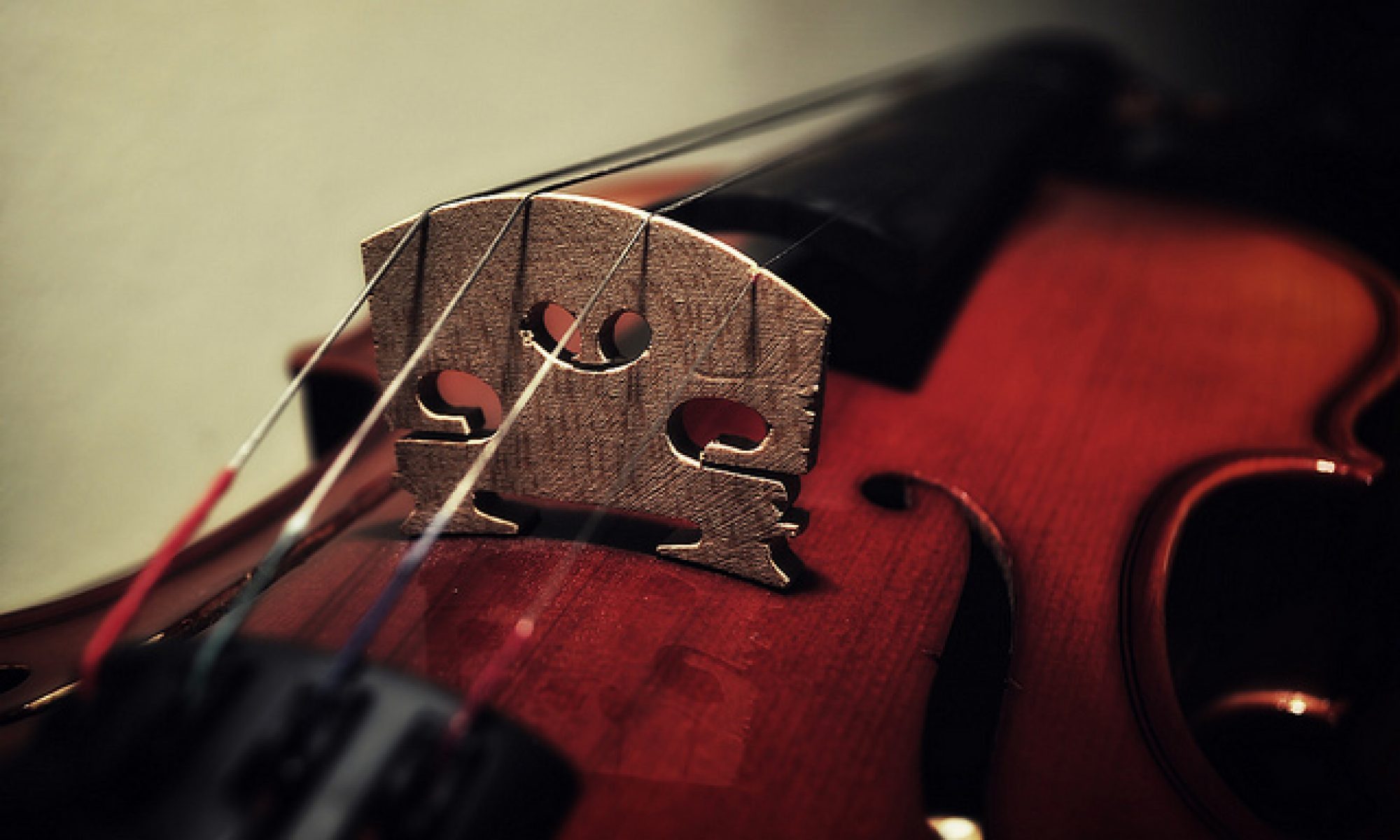I’ve just returned from my regional music therapy conference, held in Rosemont, Illinois. We got home earlier today, and I went to see clients this afternoon. Surprisingly, I’m tired.
I attended a number of fascinating presentations, but the most immediately applicable in terms of functional knowledge that I employed even today was the CMTE (continuing education) course on clinical improvisation. Of course we spent time developing our technical knowledge of modes and how to easily access them on piano (among myriad other techniques), but what I found the most useful, confusing, and encouraging was the time we spent translating our goals into music-centered goals. In other words, how, in the music, would we clinicians know a goal has been met? How would the music achieve the goal? How would the accomplishment sound? Music therapy cannot be compared to any other therapy, because the music in music therapy is an entity and a language all in itself.
One of the conversations had in this course was surrounding music therapists’ definitions of our work, especially when we’re describing our work to someone who assumes we are music teachers. “Music therapy uses music to achieve non-musical goals” is a succinct and often-used way to speak about our therapy, but is it really accurate? Why do the goals we address have to be “non-musical?” How can we own the music in music therapy?
What are your thoughts? I would love to continue this conversation.
